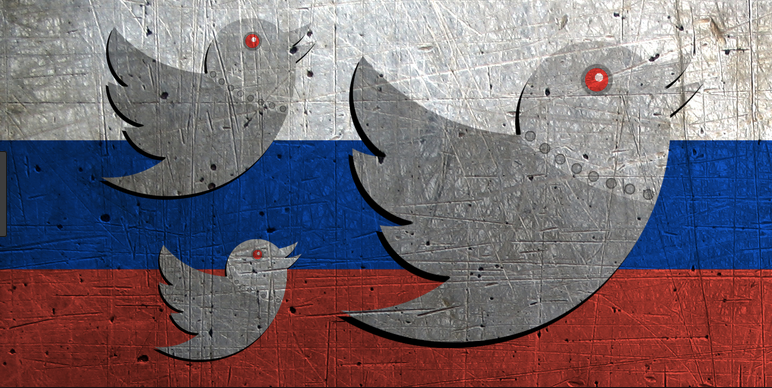On Tuesday morning—the day after the House Intelligence Committee voted along partisan lines to send Rep. Devin Nunes’ memo, alleging abuses of the Foreign Intelligence Surveillance Act, to President Donald Trump for declassification—presidential adviser Kellyanne Conway was confronted with the idea that Russian trolls were promoting the #releasethememo hashtag online. She was offended. Russian trolls, she told a television interviewer, “have nothing to do with releasing the memo—that was a vote of the intelligence committee.” But her assertion is incorrect. The vote marked the culmination of a targeted, 11-day information operation that was amplified by computational propaganda techniques and aimed to change both public perceptions and the behavior of American lawmakers.
And it worked. By the time the memo got to the president, its release was a forgone conclusion—even before he had read it.
This bears repeating: Computational propaganda—defined as “the use of information and communication technologies to manipulate perceptions, affect cognition, and influence behavior”—has been used, successfully, to manipulate the perceptions of the American public and the actions of elected officials.
The analysis below, conducted by our team from the social media intelligence group New Media Frontier, shows that the #releasethememo campaign was fueled by, and likely originated from, computational propaganda. It is critical that we understand how this was done and what it means for the future of American democracy.
. . .
So what are the lessons of #releasethememo? Regardless of how much of the campaign was American and how much was Russian, it’s clear there was a massive effort to game social media and put the Nunes memo squarely on the national agenda—and it worked to an astonishing degree. The bottom line is that the goals of the two overlapped, so the origin—human, machine or otherwise—doesn’t actually matter. What matters is that someone is trying to manipulate us, tech companies are proving hopelessly unable or unwilling to police the bad actors manipulating their platforms, and politicians are either clueless about what to do about computational propaganda or—in the case of #releasethememo—are using it to achieve their goals. Americans are on their own.
And, yes, that also reinforces the narrative the Russians have been pushing since 2015: You’re on your own; be angry, and burn things down. Would that a leader would step into this breech, and challenge the advancing victory of the bots and the cynical people behind them.




